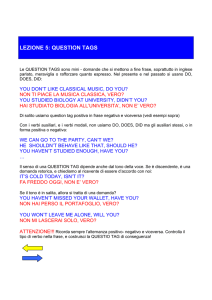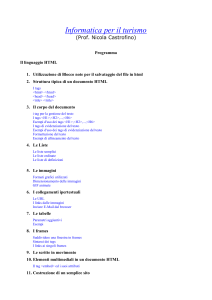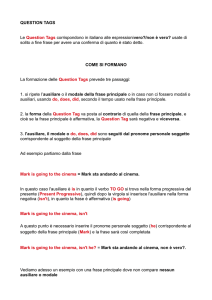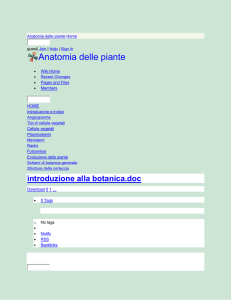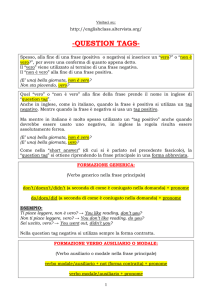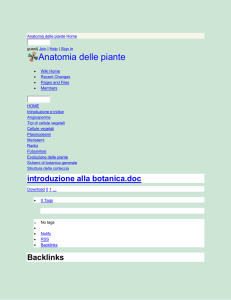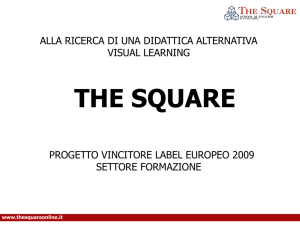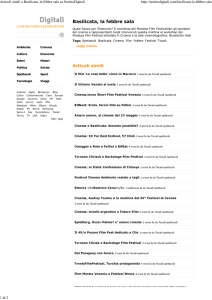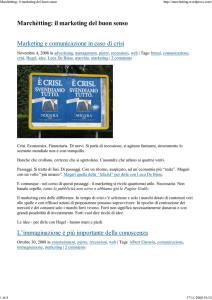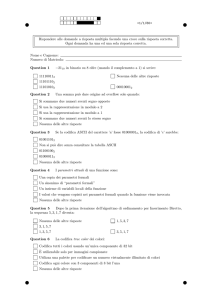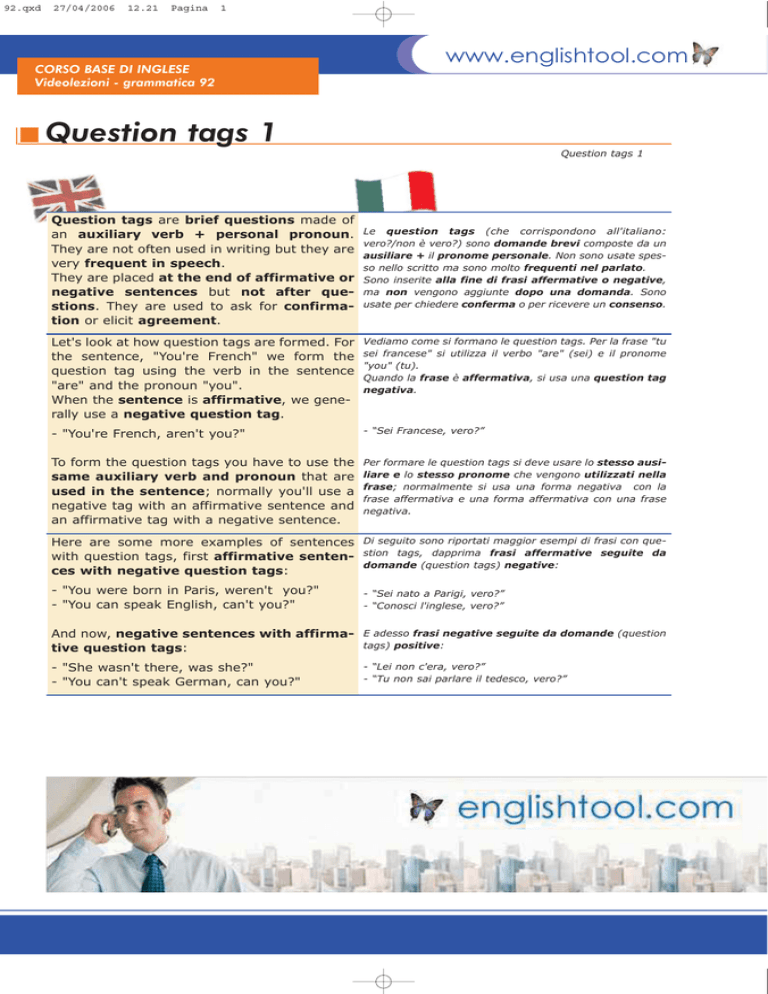
92.qxd
27/04/2006
12.21
Pagina
1
CORSO BASE DI INGLESE
Videolezioni - grammatica 92
www.englishtool.com
Question tags 1
Question tags 1
Question tags are brief questions made of
an auxiliary verb + personal pronoun.
They are not often used in writing but they are
very frequent in speech.
They are placed at the end of affirmative or
negative sentences but not after questions. They are used to ask for confirmation or elicit agreement.
Le question tags (che corrispondono all'italiano:
vero?/non è vero?) sono domande brevi composte da un
ausiliare + il pronome personale. Non sono usate spesso nello scritto ma sono molto frequenti nel parlato.
Sono inserite alla fine di frasi affermative o negative,
ma non vengono aggiunte dopo una domanda. Sono
usate per chiedere conferma o per ricevere un consenso.
Let's look at how question tags are formed. For
the sentence, "You're French" we form the
question tag using the verb in the sentence
"are" and the pronoun "you".
When the sentence is affirmative, we generally use a negative question tag.
Vediamo come si formano le question tags. Per la frase "tu
sei francese" si utilizza il verbo "are" (sei) e il pronome
"you" (tu).
Quando la frase è affermativa, si usa una question tag
negativa.
- "You're French, aren't you?"
- “Sei Francese, vero?”
To form the question tags you have to use the
same auxiliary verb and pronoun that are
used in the sentence; normally you'll use a
negative tag with an affirmative sentence and
an affirmative tag with a negative sentence.
Per formare le question tags si deve usare lo stesso ausiliare e lo stesso pronome che vengono utilizzati nella
frase; normalmente si usa una forma negativa con la
frase affermativa e una forma affermativa con una frase
negativa.
Here are some more examples of sentences
with question tags, first affirmative sentences with negative question tags:
Di seguito sono riportati maggior esempi di frasi con question tags, dapprima frasi affermative seguite da
domande (question tags) negative:
- "You were born in Paris, weren't you?"
- "You can speak English, can't you?"
- “Sei nato a Parigi, vero?”
- “Conosci l'inglese, vero?”
And now, negative sentences with affirmative question tags:
E adesso frasi negative seguite da domande (question
tags) positive:
- "She wasn't there, was she?"
- "You can't speak German, can you?"
- “Lei non c'era, vero?”
- “Tu non sai parlare il tedesco, vero?”

